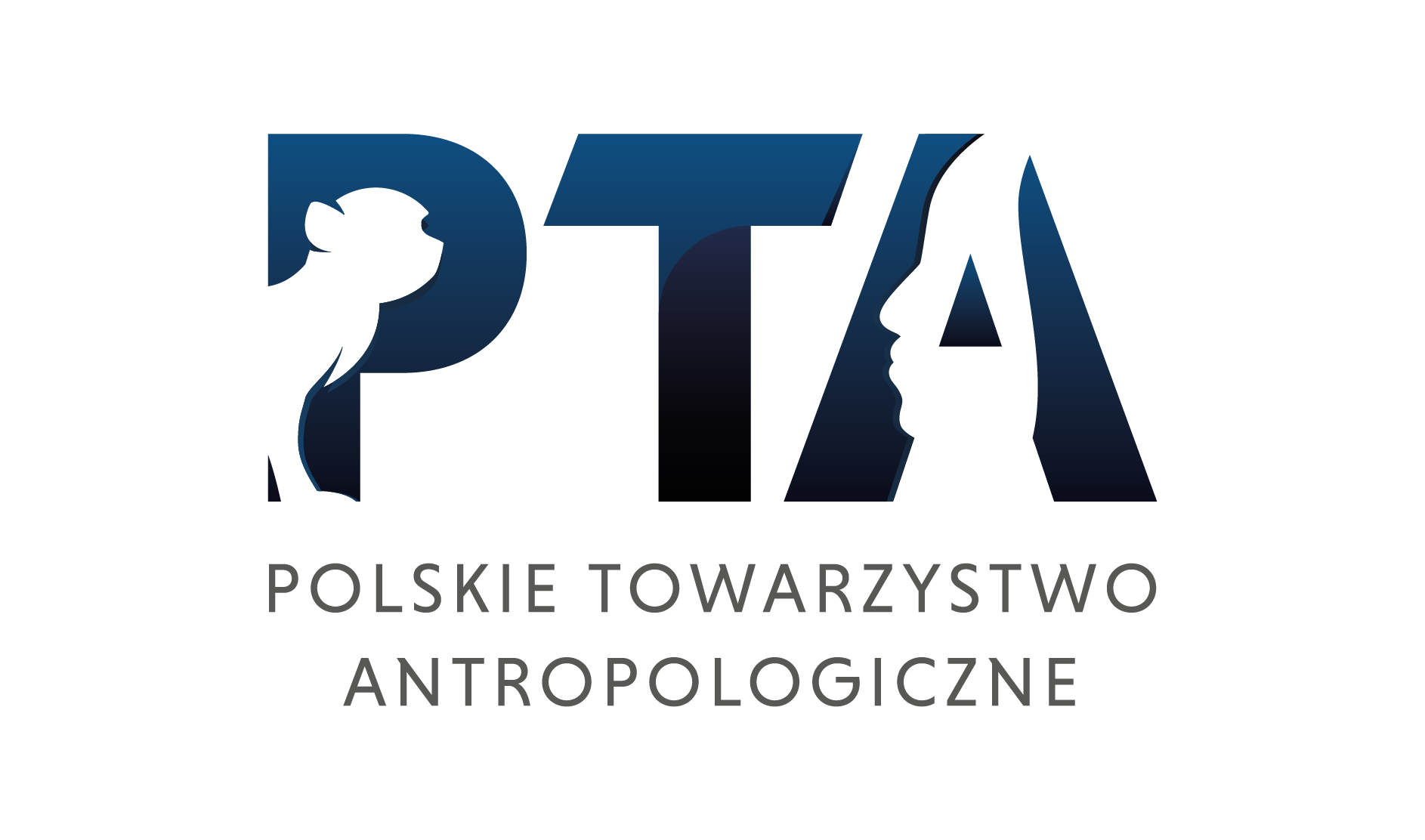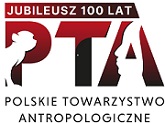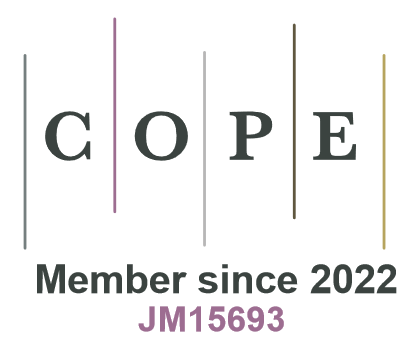In the "socialization scheme"- anthropology and historical materialism
DOI:
https://doi.org/10.18778/1898-6773.52.1-2.09Abstract
An analysis of the mutual relations between anthropology and historical materialism permits to separate a certain method of solving the problems of human socialization, i.e. the "Socialization scheme" occuring in the investigation practice. Its theoretical premises are in the conception of man based on evolution theory and in the fact that in the works of K. Marx and F. Engels there occurs the anthropological theory of man (personalities, societies) formed under the conception of L. Feuerbach. In investigations this scheme favours the neglecting of the role of social structures in the formation of the features of the human individual. Decisive are here the nondialectic interpretations characteristic of the prescientific thought based on antinomies: changes and stability, determination and spontaneity, norms and activities. The cognitive perspective peculiar for the historical materialism assumes also the distinguishing of two types of social structures: the subjective structures and the anthropological structures. Contradicting to it are such conceptions as e.g. the conception of historical anthropology which by referring to the assumptions of historical materialism reduces however its premises to the theory of anthropogenesis or sociogenesis. Or it omits in the analyses the phenomenon of work contenting with the analysis of activities. In anthropological studies the "socialization scheme" does not favour an effective use of theories characteristic of historical materialism. Similarly it does not favour the utilization of the results of anthropological studies within this approach. It is visible by the fact that such studies use notions as e.g. need, generations, social environment which do not reflect adequately the social phenomena (in the sense in which they are used) or/and involve the terminology of evolutional anthropology.
Downloads
References
ALEKSEEV V. P., 1979, Istorićeskaja antropolog ja, Moskva.
View in Google Scholar
BIELICKI T., 1982, Stratyfikacja społeczna współczesnej ludności Polski w świetle danych antropologicznych, Studia Socjologiczne, 84-85, 179.
View in Google Scholar
CORETH E., 1983, Czym jest antropologia filozoficzna?, Studia Filozoficzne, 209, 173.
View in Google Scholar
FLIS M., 1980, O pojęciu struktury w naukach społecznych: propozycja Alfreda Radcliffe-Browna, Studia Filozoficzne, 177, 45.
View in Google Scholar
FROMM E., 1962, Beyond the Chains of Illusion. My encounter with Marx and Freud, New York.
View in Google Scholar
GALOR Z., 1984, Osobowość a struktury społeczne, Studia Socjologiczne, 95, 75.
View in Google Scholar
GALOR Z., 1984, Pokolenia i fetysze, Człowiek i Światopogląd, 227, 101.
View in Google Scholar
GALOR Z., JANIK W. L., 1986, Krytyka i obrona kategorii pokolenia młodzieży wiejskiej, [w:] Młodzież wiejska jako przedmiot badań socjologicznych, A. Kaleta red., Wyd. UMK, Toruń.
View in Google Scholar
HAHN E., 1974, Materializm historyczny a socjologia marksistowska, Warszawa.
View in Google Scholar
JEFIMOW J. I., 1981, Fiłosofski problemy teorii antroposociogeneza, Leningrad.
View in Google Scholar
KOZYR-KOWALSKI S., 1977, Materializm historyczny jako metodologia humanistyki, Studia Filozoficzne, 137, 23.
View in Google Scholar
KOZYR-KOWALSKI S., 1980, O przedmiocie badawczym materializmu historycznego, [w: ] Świadomość i rozwój, opr. zbiór, pod red. J. Lipca, Kraków.
View in Google Scholar
KOZYR-KOWALSKI S., ŁADOSZ J., 1976, Dialektyka a społeczeństwo, Warszawa.
View in Google Scholar
KUCZYŃSKI J., 1976, Homo creator - wstęp do dialektyki człowieka, Warszawa.
View in Google Scholar
DOI: https://doi.org/10.5840/dialecticshumanism19774355
MARKS K., 1951, Kapitał, t. 1, Warszawa.
View in Google Scholar
MARKS K., ENGELS F., 1975, Ideologia niemiecka, MED, t. 3, Warszawa.
View in Google Scholar
OCHOCKI A., 1980, Dialektyka i historia - człowiek i praca w twórczości Karola Marksa, Warszawa.
View in Google Scholar
OCHOCKI A., 1974, Marks: Łagodna ekonomia polityczna i brutalna historia, Studia Filozoficzne, 134, 21.
View in Google Scholar
PŁUŻAŃSKl T., 1979,Antropogeneza, Studia Filozoficzne, 160, 123.
View in Google Scholar
RAINKO S., 1976, Marksizm i jego krytycy, Warszawa.
View in Google Scholar
RUSE M., 1979, Sens i Nonsens: Sociobiology?, Dordrecht-London.
View in Google Scholar
DOI: https://doi.org/10.1007/978-94-011-7560-9_4
SEMKOW J., 1983, Karola Marksa teoria ekonomiczna, Warszawa.
View in Google Scholar
SMELSER N. J., SMELSER W. T., 1963, Personality and Social System, New York.
View in Google Scholar
DOI: https://doi.org/10.1037/11302-000
SZACKI J., 1983, Historia myśli socjologicznej, Warszawa.
View in Google Scholar
SZCZURKIEWICZ T., 1970, Studia socjologiczne, Warszawa.
View in Google Scholar
SÉVE L., 1975, Marksizm a teoria osobowości, Warszawa.
View in Google Scholar
TlTTENBRUN J., 1982, "Nie jestem marksistą", Studia Filozoficzne, 202-203, 137.
View in Google Scholar
TOPOLSKI J., 1980, Nowe idee współczesnej historiografii, roli teorii w badaniach historycznych, Poznań.
View in Google Scholar
WALIGÓRSKI A., 1973, Antropologiczna koncepcja człowieka, Warszawa.
View in Google Scholar
WIERCIŃSKI A., 1984, Antropologiczne ujęcie kultury i ewolucji kulturowej, [w:] Wizje człowieka i społeczeństwa w teoriach i badaniach naukowych, S. NOWAK (red.), Warszawa.
View in Google Scholar
WOLAŃSKI N., 1983, Biologia ludności wiejskiej na tle warunków społeczno-ekonomicznych - wyniki 25 lat badań, [w:] Materiały z Ogólnopolskiej Konferencji Naukowej: Socjologia wsi - stan badań a program nauczania w szkole wyższej, Poznań-Sielinko 1983.03; WOPR Sielinko 1983.
View in Google Scholar
YOUNG R., 1981, Socjalizacja - autonomia, Prezentacje, 322, 26.
View in Google Scholar
Downloads
Published
How to Cite
Issue
Section
License

This work is licensed under a Creative Commons Attribution-NonCommercial-NoDerivatives 4.0 International License.








